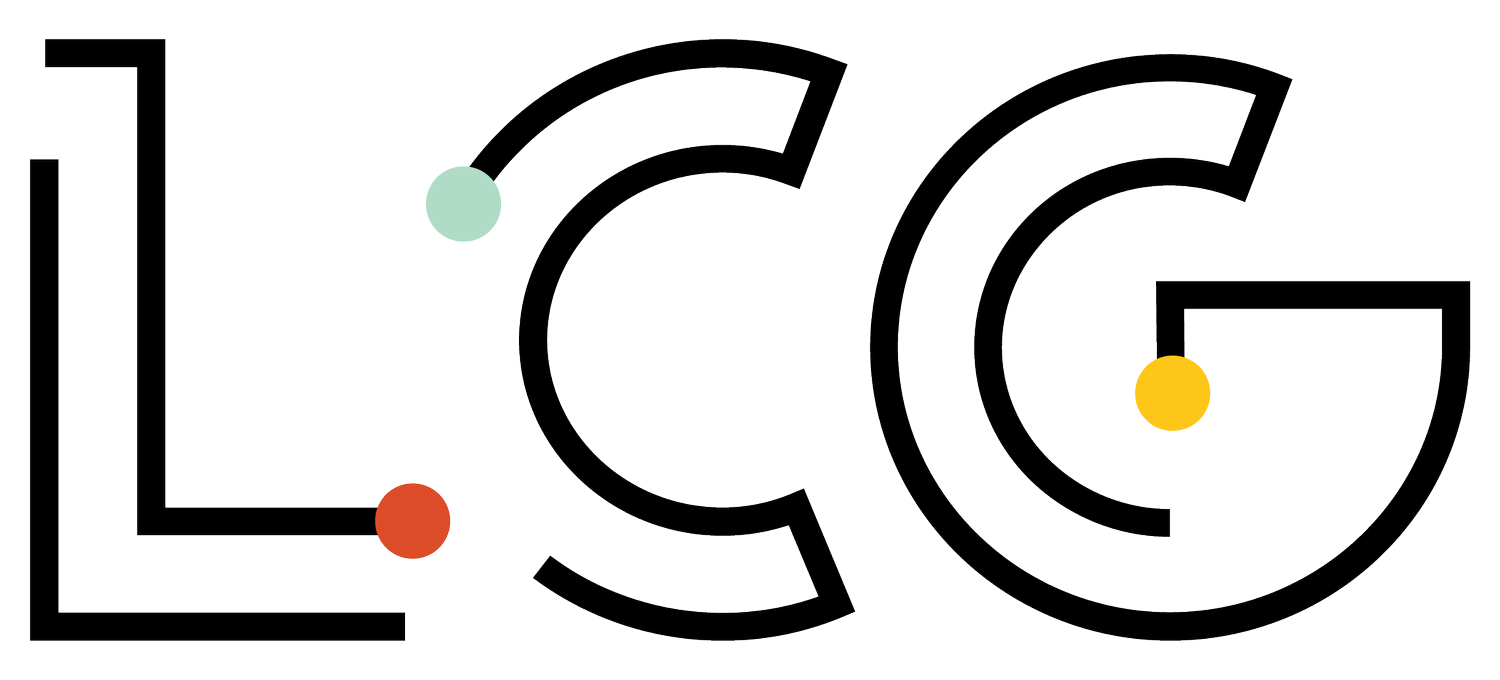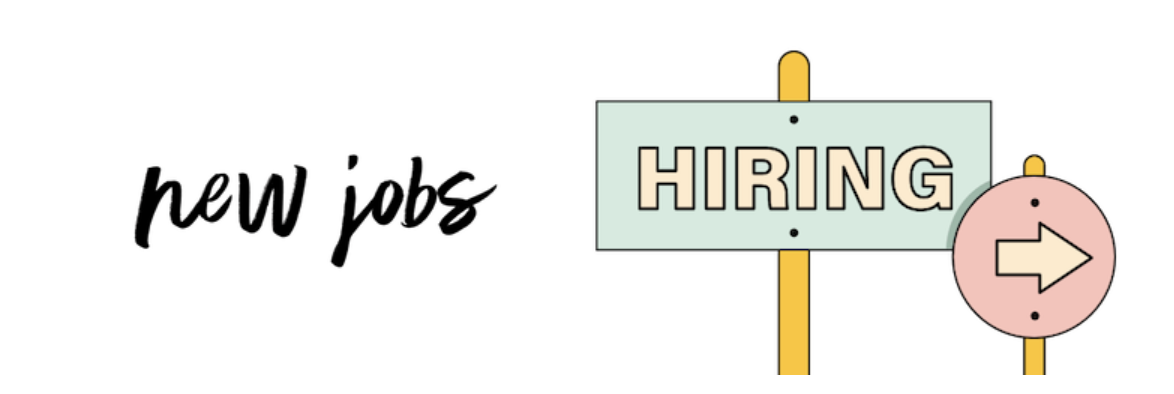Volume 37
As we approach Labor Day weekend, a time typically reserved for rest and reflection, I’m reminded of a simple yet powerful lesson I recently learned during a canoe trip I organized to celebrate a close friend’s birthday. He brought his 13-year-old daughter, who had never been in a canoe before. Before we set out, I gave her a quick lesson on basic paddle strokes, secured all their gear, and, with a reassuring smile, promised her that she wouldn’t tip.
But, as fate would have it, just five minutes into navigating the calm river, they approached a slight turn that created a small rapid. The moment the canoe began to wobble, her confidence wavered. She panicked, overcorrected, and leaned towards one side—ultimately tipping the canoe.
I swam out to them to ensure she felt supported and was okay. Still shaken, I brought her into my canoe to navigate the trickier parts of the river together. Before we continued, I reminded her of what had caused the canoe to tip. I told her that while I wouldn’t let us tip again, she had to trust me and, more importantly, herself. If she felt unsteady, all she needed to do was sink into the middle of the canoe, take a deep breath, and go with the flow—literally. The result? She stayed steady and centered, and more importantly, she stayed dry.
This experience struck a chord with me because it reflects how we often respond when life takes an unexpected turn. Our instinct is to panic, overcorrect, and try to regain control—often making things worse. But what if, instead, we paused and let go? What if we chose to go with the flow, trusting that sometimes the best course of action is to do nothing at all?
The truth is that control is an illusion. Teachers will undoubtedly face countless unpredictable moments this school year—moments they can’t foresee, let alone control, whether it be with their students, colleagues, parents, or community. And in EdTech, we’ll be navigating our own uncertainties, from fluctuating funding and shifting purchasing behaviors to the evolving needs of educators and students.
As we gear up for another school year, I encourage you to think about what’s worth rocking the boat for to ensure you stay afloat for the year. What knee-jerk reactions induce panic and entice you to do the exact opposite of what you should? What used to get you worked up that you now choose to let go? What matters most? You’d be surprised by what a slight pause and a deep breath can do to center you and keep you afloat.
A timely reminder – good marketers know the importance of timing when capturing their audience’s attention. This Labor Day weekend isn’t the best time to do so. Starting Thursday, you’ll notice more people checking out and disconnecting. So, go easy on any communications or social media posts. If you decide to post, keep it motivational, lighthearted, and entertaining.
Speaking of disconnecting, take the time you need to recharge whether you’re an educator or in EdTech. Resist the urge to dive into work or prep for the upcoming school week. Give yourself permission to step away from the computer and ease up on social media.
Let this weekend be one of rest, reflection, and reconnection with what matters most.
The EdTech Marketer's 2024 Planner - Extended Edition
Get ready for a strong finish in Q3 with our Extended EdTech Marketer's Planner, designed to simplify your marketing and content planning to drive more leads. With helpful templates, strategies, and editable calendars, it’s everything you need to stay ahead.
Marketing/Community
Instagram is testing a potentially major change to profile pages – making the squares in your profile grid vertical rectangles.
Can a 1985 marketing playbook fix measurement problems in 2024?
Expert formulas, blueprints, and tips for writing emotional and persuasive copy that will grow your online business.
This seven-step email welcome sequence results in more engagement and sales.
TikTok for brands: how to set up your account, develop a TikTok marketing content strategy, run ads, track performance and more.
Education
Explore how educators can adapt to these changes by focusing more on things like creativity, critical thinking, and emotional intelligence—skills that AI can't easily replicate.
These strategies help young students manage their emotions and behavior in the classroom.
Many schools are using outdated methods to teach reading, which don't align with scientific research on how kids actually learn to read effectively.
The search for quick-fix education trends reflects deeper issues within the school system, suggesting that schools may be more focused on chasing the latest fads rather than addressing fundamental challenges in education.
Helping students reflect on their own thinking can empower them to manage their learning more effectively and become better learners overall.
Senior Manager of District Fellowship Program - The News Literacy Project
Vice President Marketing - Authentica Solutions
Senior Director, Demand Generation and Marketing - Knowing Technologies
Head of Marketing - Magic School
Director of Marketing - The Writing Revolution
Regional Vice President of Sales (West Region) - Solution Tree
LMS Administrator - Gradient Learning
Senior Director of Marketing - PBLWorks
Sr. Manager/ Director Growth Marketing - Educators - KaiPod Learning
K-5 Program Developer - Springboard
Director, PK-12 Communications - Whiteboard Advisors
Education Program Coordinator - Ignited
Professional Service Coordinator - RethinkEd
[Bonus] Want a brutally honest review of your Instagram account? This viral tool doesn’t hold back. 🤣







